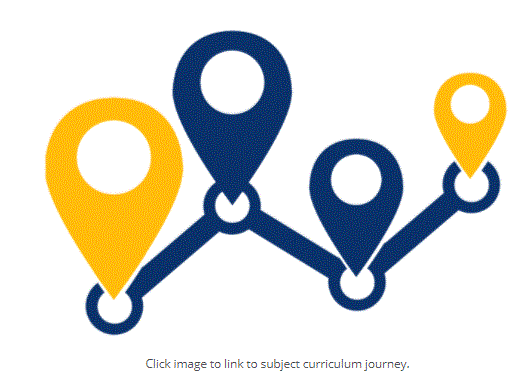Intent
This curriculum is designed to encourage and inspire learners into following a worthwhile qualification that provides an insight into Children’s Development as Early Year’s Practitioners. The award gives learners the opportunity to develop sector specific knowledge and skills in a practical learning environment. The qualification is designed to include contemporary issues in relation to children and policy and its impact on the variety of children’s early years settings across the UK. We are developing learners to foster an awareness and appreciation of the unique qualities, circumstances and characteristics within each child as well as in the patterns of which they develop.
Within this course we will seek to develop learners that recognise the support that adults can offer in promoting learning. We will address the scope and complexity of a child needs as we learn to accept that there are a range of factors which influence how a child grows and develops. The curriculum seeks to nurture the policies and actions implemented by the British early years workforce, alongside the distinct christian values and ethos of St Michael’s School and how this should positively shape the thought process when working with children.
Throughout the course learners will investigate how children grow and develop from birth to five years old and the characteristics of their development and the factors affecting their growth and development. Learners will develop an understanding of how play activities can influence children’s learning between the ages of birth and five years old. They will consider the different types of play in which children engage, and how activities can support children’s learning and progress across the five areas of development. Learners will also investigate how a child learns and develops and how to adapt activities to support the inclusion of all children in play.
Inclusive practices will always be at the forefront of this curriculum as we aim to encourage students to celebrate and embrace differences within children including their cultures and traditions by noticing that this contributes towards creating a welcoming environment, an environment where every child is entitled to support. Developing empathy is also a crucial value as we seek to ensure that learners act justly towards one of the most vulnerable groups of society.
Implementation
Learning is embedding through the sharing of knowledge and development skills over time and through the concepts laid out in the curriculum intent statement. Assessments range from mini bite sized summative tasks which will assess topics covered as we progress through the course. Formative assessments cover the subject knowledge and provide the scope for wider areas of improvement and where we should embed specific targets and capture a true picture of progression. Progression is mapped through the academic year based on individual and school targets. Learners will have access to the vocabulary and subject terminology to enable them to develop their written work and develop how they apply the language. Learners are encouraged to have well developed answers in order to prepare for assessments as this will provide them with the opportunity to be able to express themselves more coherently within both a verbal and written context a valuable and transferable key skill within the school environment and when undertaking work experience, leaving for college and eventually in the world of work.
Impact
By the end of this course pupils will have understood the patterns of growth and development within children aged 0-8 and typical characteristics of their development. They will know that adults have an important role to play in each area of a child’s development. As we progress through the course students will recognise that play is an integral part of a child’s growth and development, as through play the child will practice skills and movement and this should be encouraged through a wide range of play opportunities. Inclusive practice is an important principle in early years practice and as the course progresses learners will have seen the benefits of inclusive practice to children as we seek to explore barriers that can make it challenging for children to develop and learn and how these can be overcome. At this stage our students will ultimately understand that although there are many different types of early years settings they should all work from the same basic principles that are fundamentally about making sure that each child benefits from the opportunities on offer within the setting and that they are fully supported in growing up to become citizens who can participate in wider society with more life chances.


